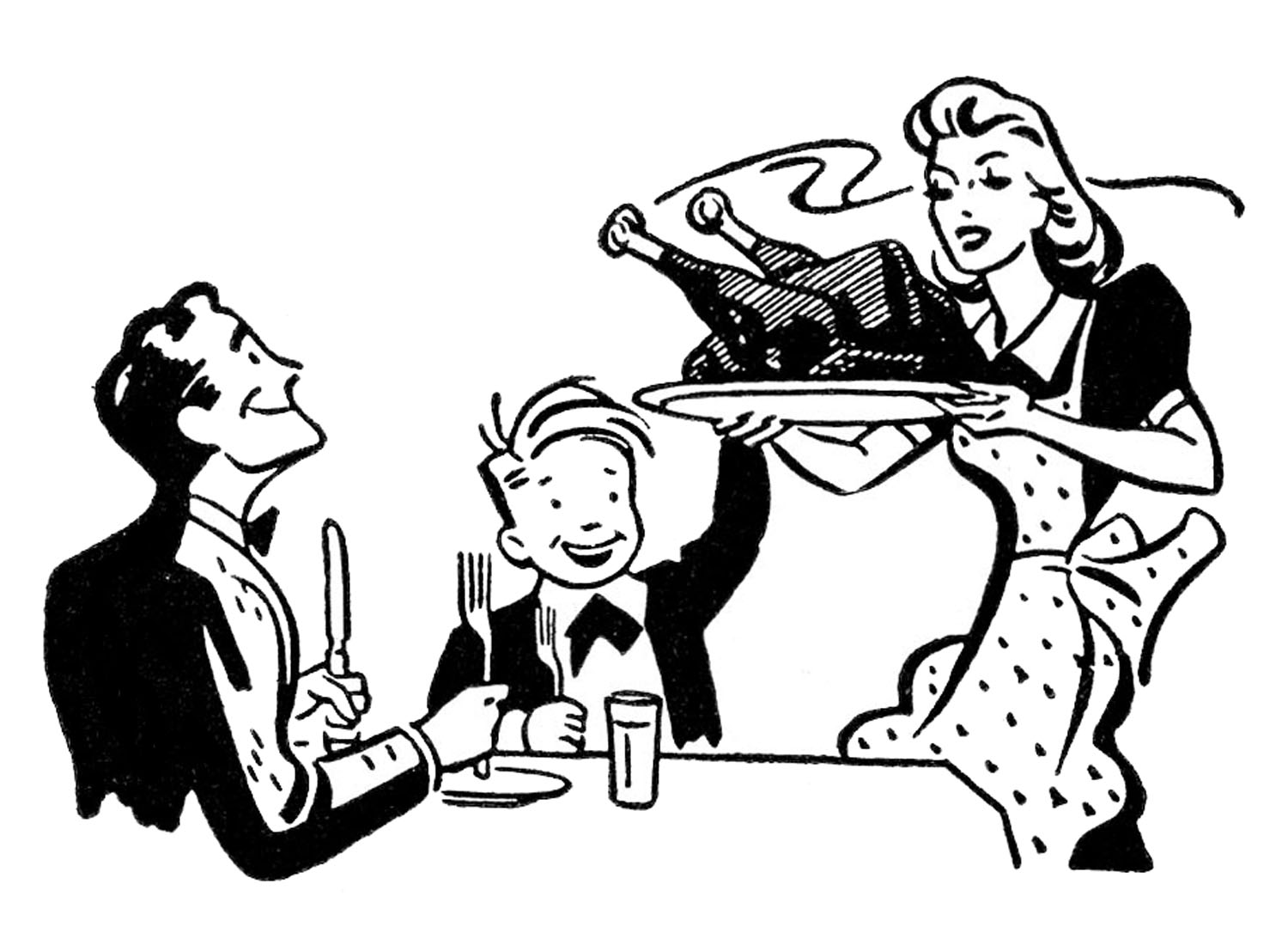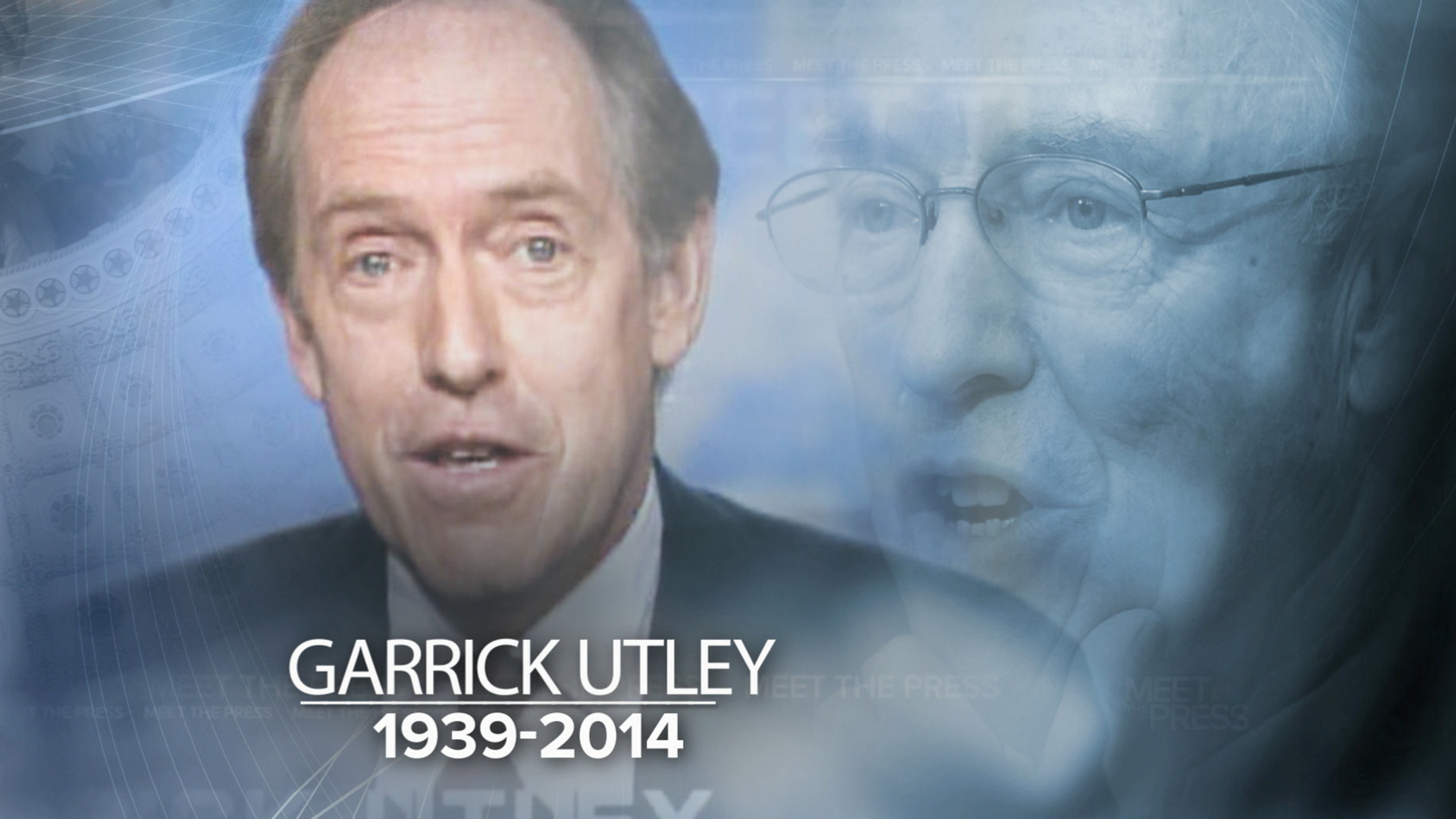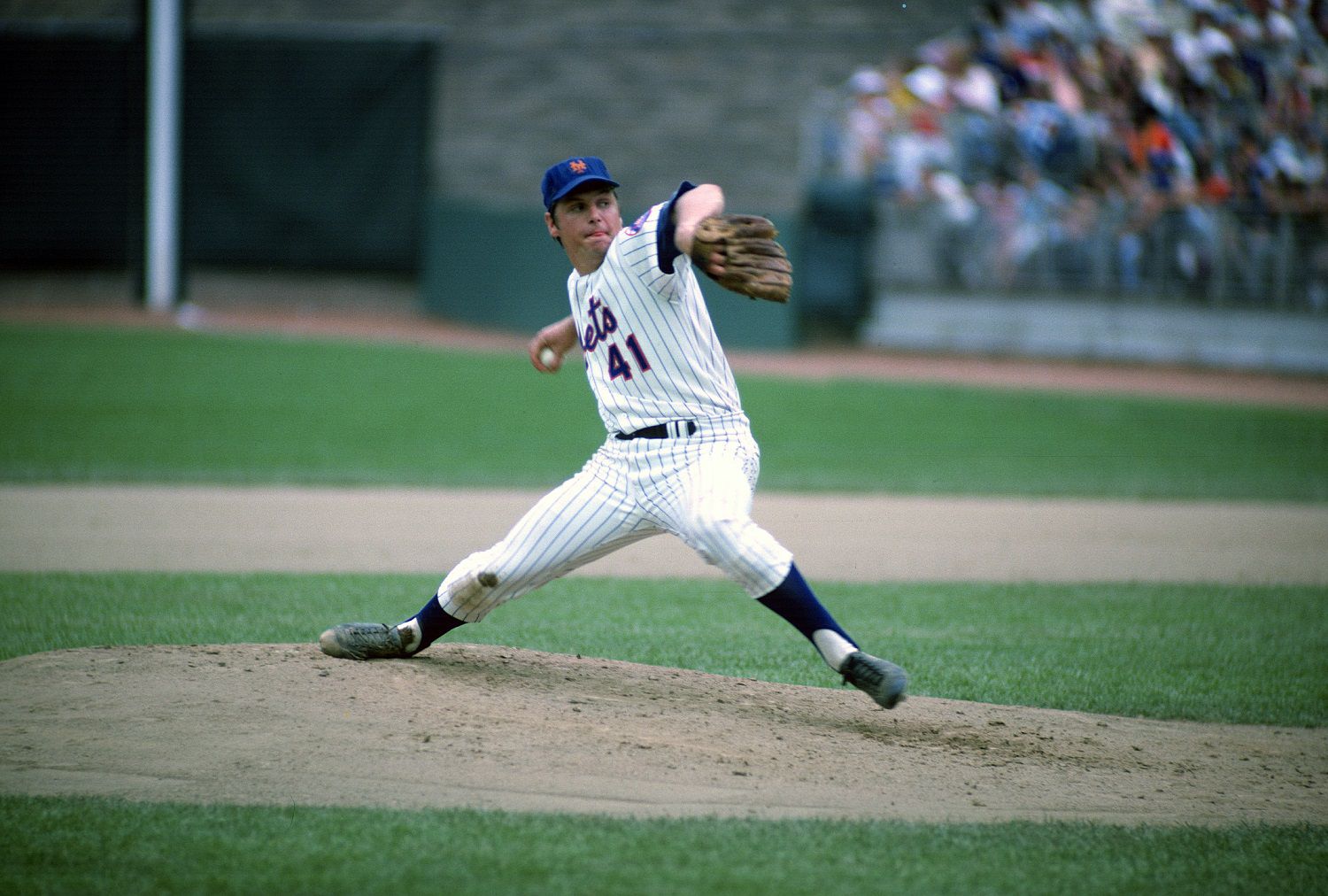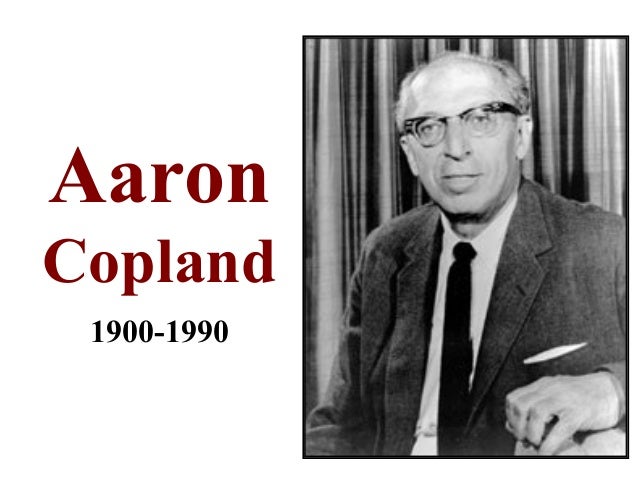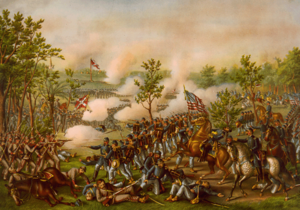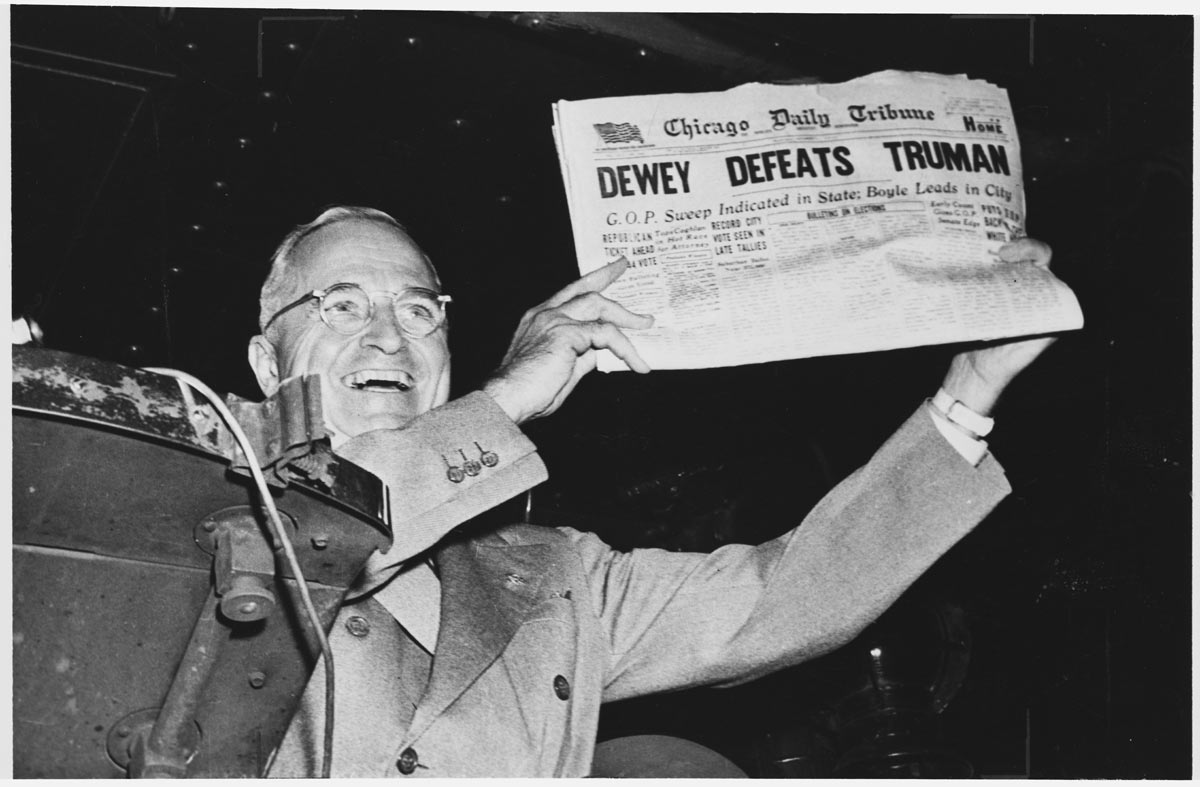We remember that Augusto Pinochet was born on this day in 1914. He died in 2006. Back in 1988, General Augusto Pinochet had run Chile for 15 years. He overthrew President Salvador Allende in 1973 and took over a country in total chaos. His free market policies turned Chile around and created an economy that was the envy of the developing world. Unfortunately, he never had the legitimacy of an election. So he did something strange. He asked the people if he should continue, and they had a "plebiscite." Pinochet lost and left power. This is the story:
Gen. Augusto Pinochet's bid for eight more years in power ended in defeat today, as a united opposition beat him soundly in a presidential plebiscite of Pinochet's own design.
After a long night in which the opposition continued to announce returns showing a 60-percent vote against Pinochet and the government gave out practically no totals at all, a government spokesman announced early this morning that with three-fourths of the vote officially counted, Pinochet was losing with 53 percent of voters rejecting him. There would be no further vote totals until midday, he said.
Later, Interior Minister Sergio Fernandez, who had run Pinochet's campaign, announced that the regime would recognize the results of the vote, which he characterized as still provisional. Because of the democratic process that had transpired, "the great winner is the country," Fernandez said. Pinochet himself made no statement.
Chile said no, and Pinochet accepted the verdict. Let me add that it was time for Pinochet to go as much as I admired his economic accomplishments. As a Chilean told me back in 1988, Pinochet did a good job, but it was time to get our democracy back.
Down in Cuba, the situation is ripe for such a plebiscite. Cubans have never voted in a free and multi-party election. Yes, they vote in Cuba, but it's a sham, because the Communist Party is the only on the ballot.
President Biden should call for such a plebiscite with international observers. It should also say the U.S. will recognize the winner as the legitimate government and end the embargo immediately.
Will the Castro regime accept the challenge? No, but let's keep the pressure on.

